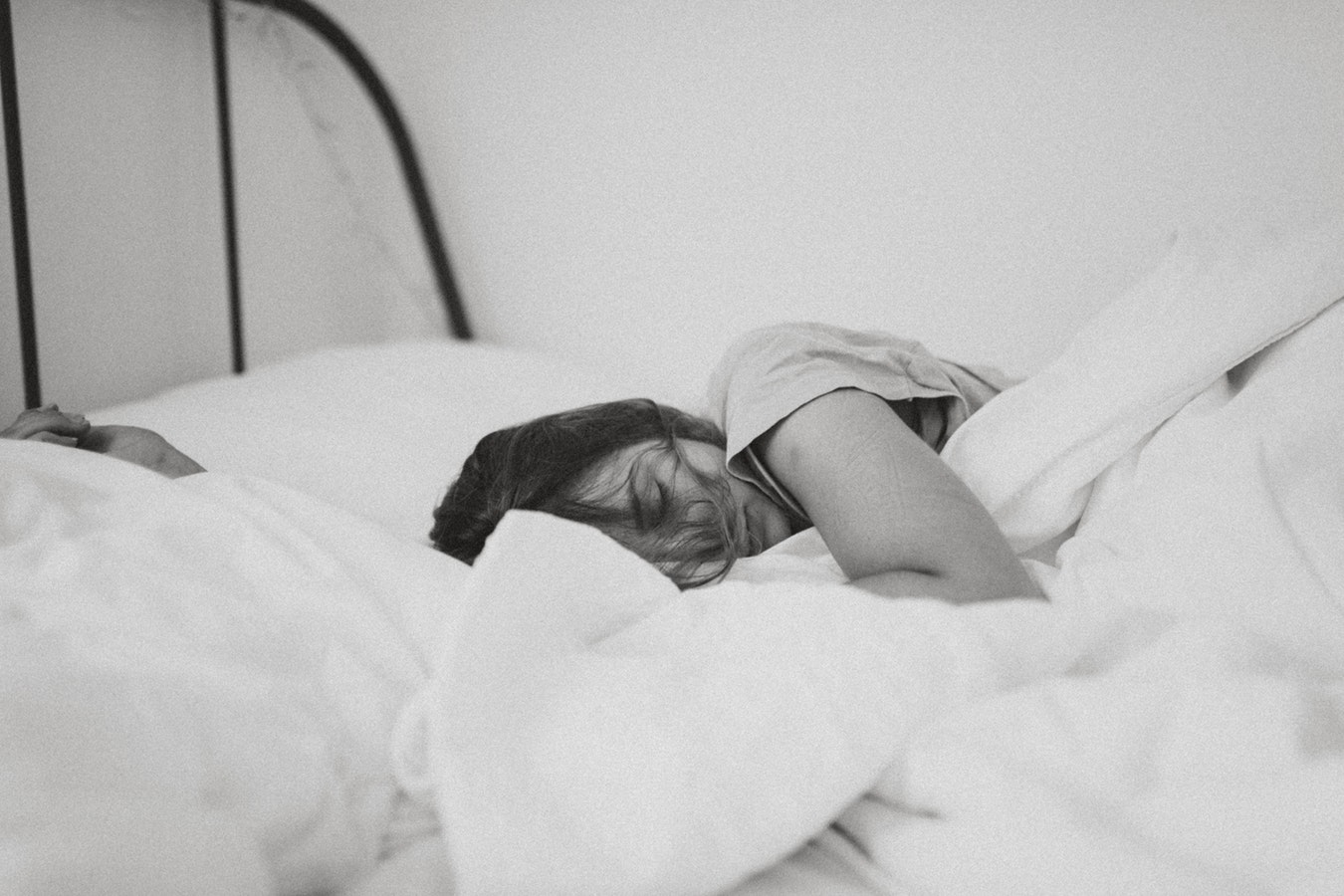- Home |
- Search Results |
- How to get better and longer sleep: top tips

You don't need to lie in
The sooner you understand that it is the quality of your sleep that counts rather than the quantity, the better. Just as too much food is unhealthy, so is too much sleep. So on days off don't indulge in a long lie-in thinking it's doing you the power of good. It's far healthier to get up when you wake up naturally.
Lights out
Sleep in complete darkness or as close as possible. Even a tiny bit of light in your room can disrupt your sleep rhythm and your pineal gland's production of sleep-inducing melatonin. There should also be as little light as possible in the bathroom if you get up in the middle of the night. As soon as you turn on that bright light you will for that night immediately cease production of the important sleep aid melatonin.
Avoid watching television and using the computer just before bed
Even better, get the television and laptop out of the bedroom completely. They can be too stimulating to the brain and disrupt the function of your pineal gland, which means it will take longer to fall asleep.
Stay cool
Keep the temperature in your bedroom no higher than 21ºC (70ºF). Many people keep their homes, and particularly the upstairs bedrooms, too hot.
Stay regular
You should go to bed, and wake up, at the same times each day, even at weekends. This will help your body get into a sleep rhythm and make it easier to fall asleep and get up in the morning. Ideally, you should aim to be in bed before 11 pm and to be up before 7.30 am. Your body systems, particularly the adrenals, do the majority of their recharging or recovering during the hours of 11 pm and 1 am.
Keep active
At least 30 minutes of exercise every day, such as brisk walking, is recommended to help you drift off to sleep at night. Both your body and your mind need to have a workout during the day.
Consider buying a new bed
If your bed is more than eight years old, consider replacing it. Its structure will have deteriorated by up to 75 per cent, causing sleep disruption and potential damage to the spine. Research shows buying a new bed is more effective than sleeping pills and can improve a night's sleep by 42 minutes.
Use sunlight to set your biological clock
As soon as you get up in the morning, go outside and get some fresh air for 10 minutes. The bright sunlight (or any bring light) tells your body's natural biological clock that it's time to wake up, and that same clock will then tell your body it's time to go to sleep about 14-16 hours later.
Pull your socks up
Wear socks to bed. Although your bedroom needs to stay cool, you won't get a good's night sleep if your feet are cold. The feet often feel cold before the rest of the body due to their relatively poor circulation, and a study has shown that wearing socks reduces waking throughout the night.
Avoid alcohol and limit caffeine
Although alcohol makes people drowsy, the effect is short-lived and you will often wake up several hours later, unable to fall back to sleep. Alcohol will also keep you from falling into the deeper stages of sleep, where the body does most of its healing and recharging. Avoid drinking caffeine between three and eight hours before you need to sleep, depending on how sensitive you are to caffeine.
Establish a bedtime routine
This could include deep breathing, writing in a journal, reading or listening to relaxing music, having a warm bath with aromatherapy oils or indulging in a foot massage from your partner. Anything that clearly signals to your brain that it is bedtime is a good idea. The key is to find something that makes you feel relaxed and then repeat it each night to help you release the day's tension and have the night of your dreams.